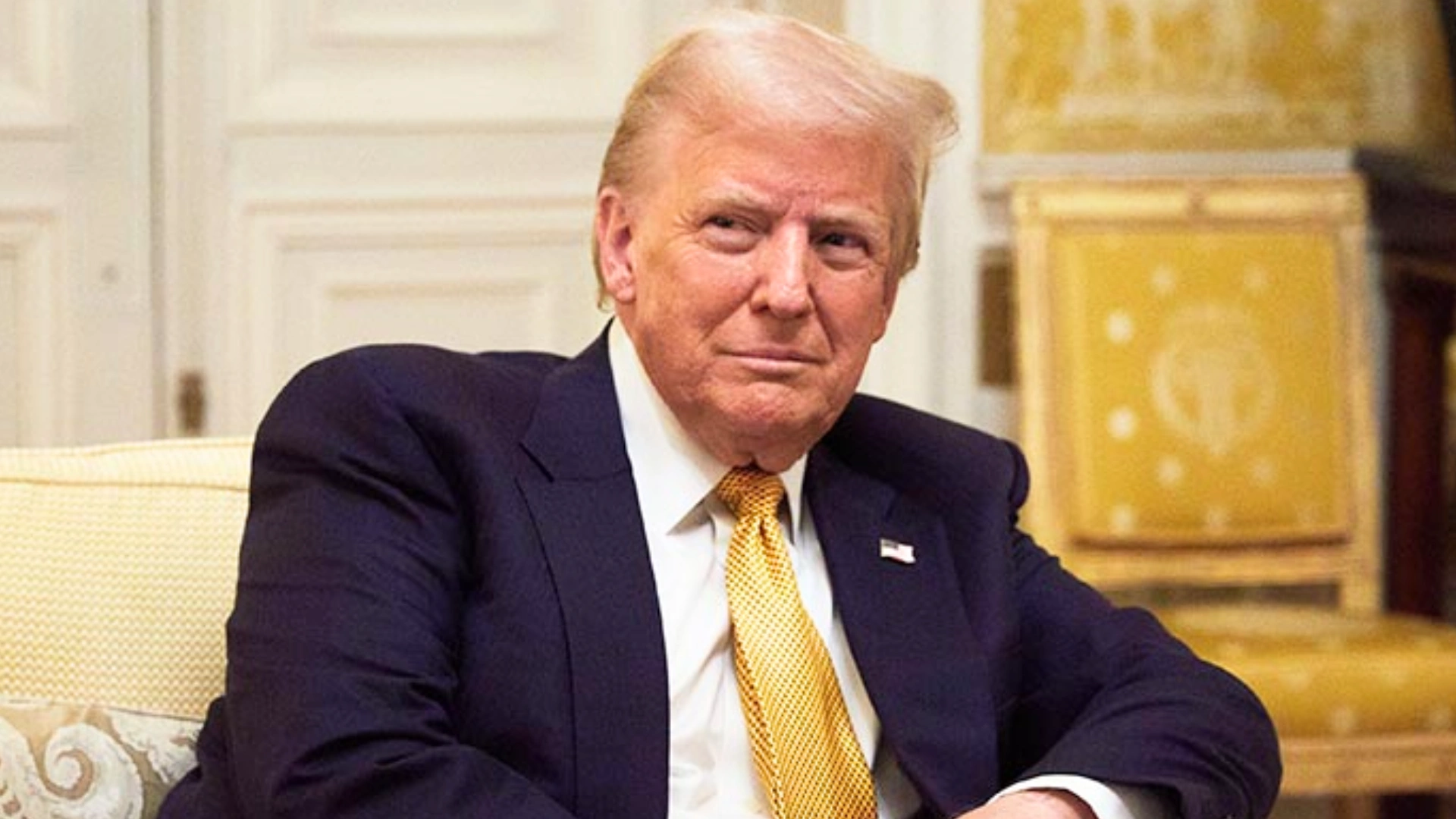A Japanese handheld radio manufacturer has distanced itself from walkie-talkies bearing its logo that exploded in Lebanon, resulting in at least 20 fatalities and over 450 injuries. The devices, reportedly linked to the armed group Hezbollah, appear to be IC-V82 transceivers made by Icom, a telecommunications manufacturer based in Osaka.
Icom’s Statement on the Devices
Icom stated that it has not produced or exported the IC-V82 model, nor the necessary batteries for operation, for the past decade. “The IC-V82 is a handheld radio that was produced and exported, including to the Middle East, from 2004 to October 2014. It was discontinued about 10 years ago, and since then, it has not been shipped from our company,” Icom said in a statement. The company emphasized that a hologram seal designed to distinguish counterfeit products was not attached to these devices, making it impossible to verify their origin.
READ MORE: What Implications Do The Attacks Have for Israel-Hezbollah Relations
Investigation into the Explosions
Icom is currently investigating reports of the exploded devices. A sales executive from the company’s U.S. subsidiary suggested that the exploded radios in Lebanon appeared to be counterfeit products. “It is easy to find counterfeit versions online,” he remarked, noting that the IC-V82 is favored by amateur radio operators for social or emergency communications.
Despite the investigation, it remains unclear at which point in the supply chain these devices were compromised. Some reports indicate that the exploded walkie-talkies were purchased by Hezbollah approximately five months prior to the incident.
Connection to Taiwanese Company
This incident marks the second time in a week that an Asian company has been implicated in bombing events in Lebanon. A previous explosion involving thousands of pagers linked to the Taiwanese firm Gold Apollo resulted in at least 12 deaths and over 2,000 injuries. The founder of Gold Apollo, Hsu Ching-Kuang, has denied any involvement, stating he licensed his trademark to a company in Hungary called BAC Consulting, which has yet to be contacted for further clarification.
The Broader Context
Icom emphasized that all of its radios are manufactured at a single factory in Japan and that the company only sells products for overseas markets through authorized distributors. The firm reiterated its commitment to quality, noting that Asia is a global hub for telecoms and electronics, home to many major technology producers.
As investigations continue into the origins of these devices, the situation underscores concerns regarding the proliferation of counterfeit technology and its potential ramifications for security in conflict zones.
(Includes inputs from online sources)
ALSO READ: China And Russia Intensify Joint Military Drills: What’s Driving This Alliance?


















